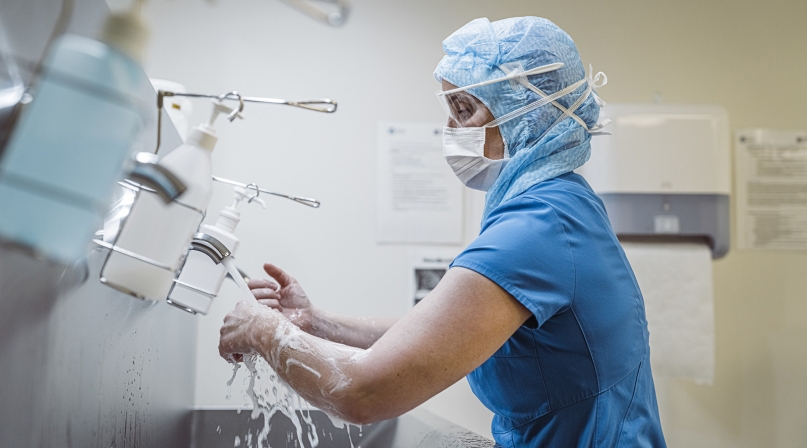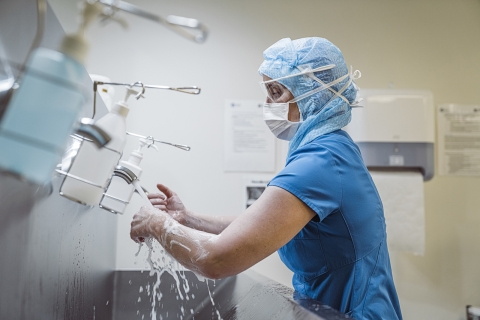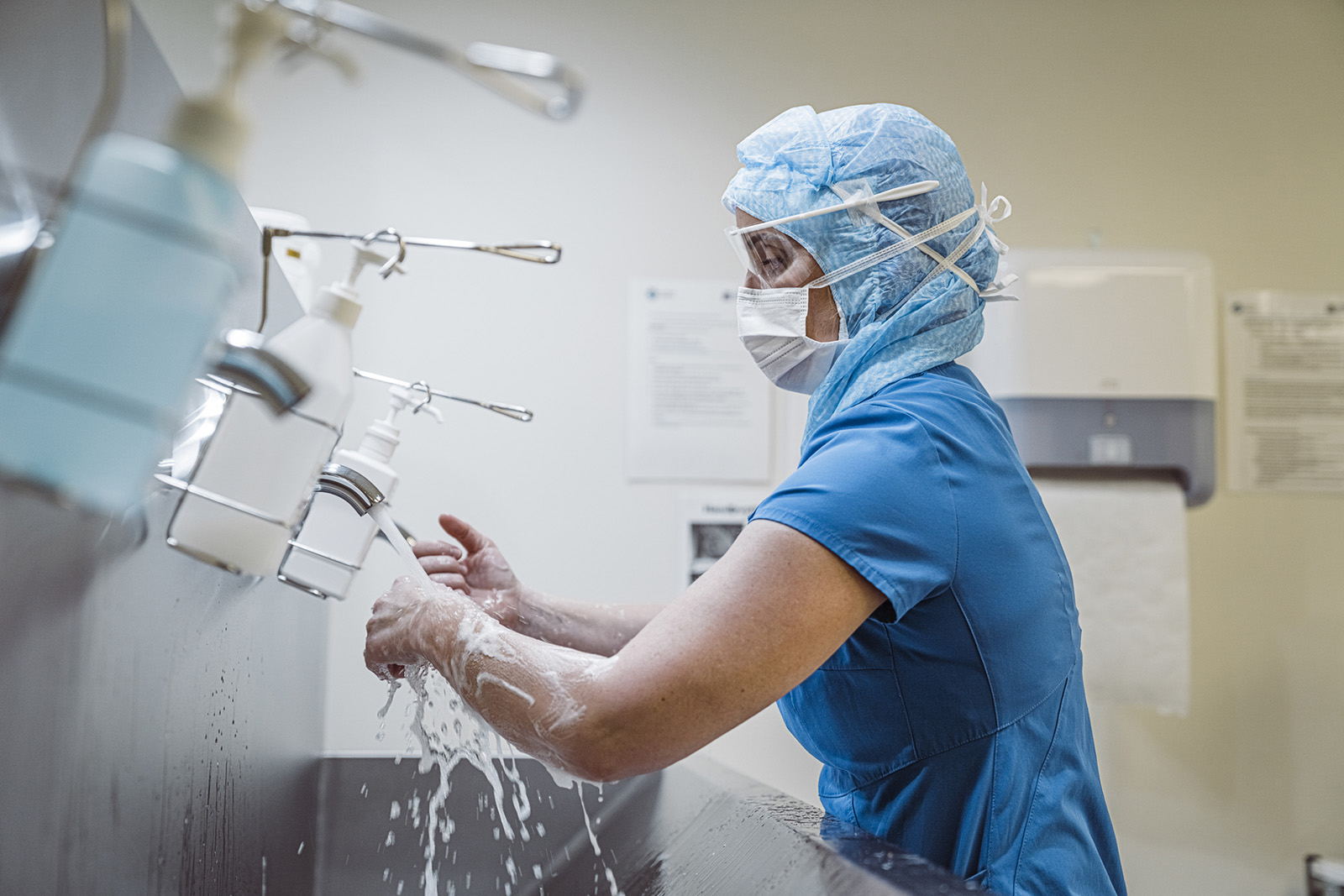Administration issues guidance for health care facilities to reopen, eyes broader reopening plan
Author

Blaire Bryant
Upcoming Events
Related News

Key Takeaways
On April 19, the Centers for Medicare and Medicaid Services (CMS) issued guidance on the provision of non-COVID-19 health services to patients without coronavirus symptoms in areas with “low and stable incidence” of the virus. The new recommendations, which update guidance published by CMS last month on limiting non-essential medical procedures, represent the first “phase” of what the Trump Administration is proposing as a broader reopening plan, outlined in the Guidelines for Opening Up America Again.
Under the first “phase,” the administration advises that non-COVID-19 care may be provided to patients when clinically appropriate and where the state, locality or facility has the resources to response to a surge in COVID-19 if it occurs. The guidance states that these decisions should be “consistent with public health information” and that they should be made in consultation with state public health authorities. To restart non-COVID-19 care, the states and regions in which the health care facilities are located must have satisfied certain “gating criteria” relating to the local availability of testing and infection rate, among other factors. The guidelines additionally note the need for state and local officials to tailor the application of gating criteria to local circumstances, and for governors to work on a regional basis to satisfy reopening requirements.
The release of CMS’ “phase one” plan comes shortly following the enactment of three legislative packages to mitigate the public health and economic impacts of COVID-19. Congress and federal agencies are currently weighing next steps in the federal response to the pandemic, with plans announced for passage of a fourth package. Over the past month, NACo has worked closely with federal legislators to ensure counties have the resources we need to adequately respond to the pandemic in our communities, and will continue to engage with key agency officials and members of Congress to ensure counties are well-positioned to reopen when appropriate.
For additional information, please see the following resources:
- Re-Opening Facilities to Provide Non-Emergent Non-COVID-19 Health Care: Phase 1 (CMS guidance)
- Opening Up America Again (Full White House guidelines)
- Nearly 311 million under "safer at home" orders (NACo County News article)
- Counties and COVID-19: Safer At Home Orders (NACo report)


Attachments
Related News

Drug tracking software helps counties identify trends, save lives
Florida counties are using an artificial intelligence tool called Drug TRAC to track and report drug trends, with the aim of providing quicker outreach and saving lives.

White House Executive Order establishes national substance use disorder response
On January 29, the White House issued an Executive Order (EO) establishing the Great American Recovery Initiative, a new federal effort aimed at coordinating a national response to substance use disorder (SUD).

USDA and HHS release new dietary guidelines
On January 7, U.S. Department of Agriculture Secretary Brooke Rollins and U.S. Department of Health and Human Services Secretary Robert F. Kennedy, Jr. unveiled the new Dietary Guidelines for Americans, 2025–2030.
